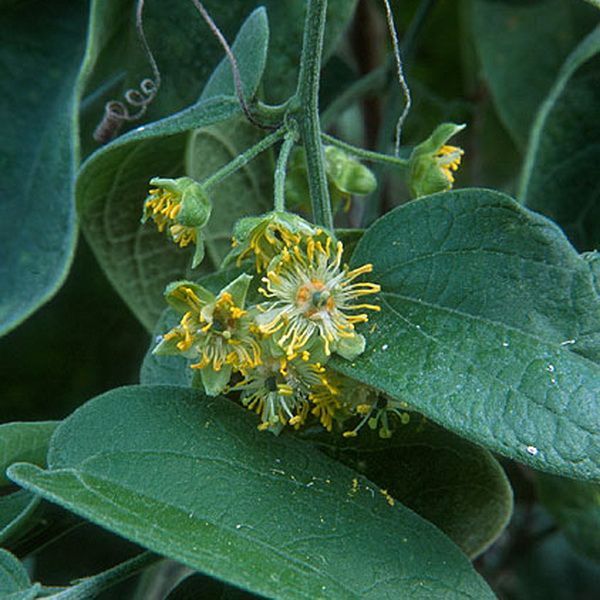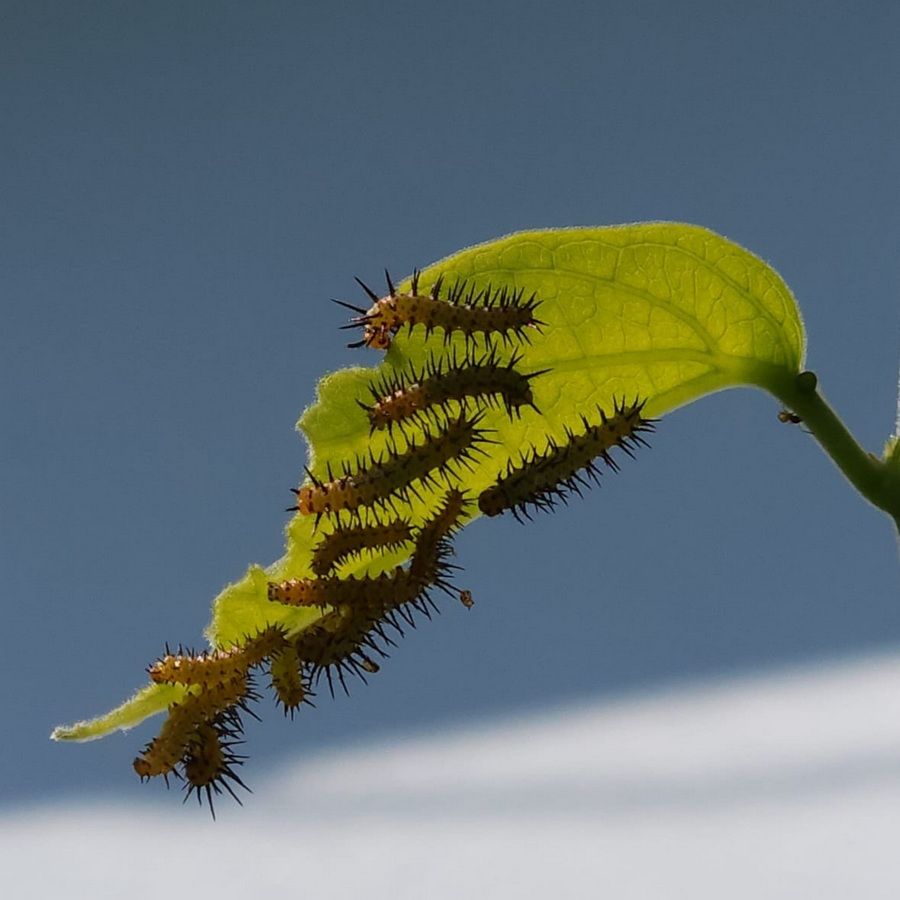FNPS Plant Database
Passiflora multiflorus
Nomenclature
Common Name:
Synonym(s):
Genus species:
Family:
Passifloraceae
Plant Specifics
Form:
Size:
Life Span:
Long-lived perennial
Flower Color:
Fruit Color:
Phenology:
Noted For:
Landscaping
Recommended Uses:
Considerations:
Availability:
Propagation:
Light:
Moisture Tolerance:
Always Flooded---------------------------------Extremely Dry
□□□□□□□□□□□□□□□□□□□□□■■■■■■■■■■■■□□□□□□□□□
Somewhat moist, no flooding -to- Short very dry periods
Salt Water Flooding Tolerance:
Unknown
Salt Spray/Salty Soil Tolerance:
Low/no tolerance of salty wind or direct salt spray
Soil or Other Substrate:
Sand, Clay
Soil pH:
Suitable to Grow In:
8A,8B,9A,9B,10A,10B

USDA zones are based on the average annual extreme minimum winter temperature.
Don't know your zone? Click here to search by zip code.
Vouchered In:
Ecology
Wildlife:
Larval host plant for julia Heliconian (Dryas iulia) butterflies and likely other species. Pollinated by bees.
Birds and other wildlife eat the fruits.
Native Habitats:
Comments:
Ethnobotany:
General Comments:
Citations:
Chafin, L. G. (2000). Field Guide to the Rare Plants of Florida. Florida Natural Areas Inventory, Tallahassee, FL.
Flora of North America Editorial Committee, eds. (1993+). Flora of North America North of Mexico. (a href="https://floranorthamerica.org/Passiflora_multiflora" target="_blank">https://floranorthamerica.org/Passiflora_multiflora). Accessed 2026.
Gann, G.D, C.J. Abbott, C.G. Stocking, K.N. Hines, and collaborators. (2001+). Plant Name [in] Natives For Your Neighborhood. ( https://www.regionalconservation.org/beta/nfyn/plantdetail.asp?tx=Passmult ). Accessed 2026. The Institute for Regional Conservation. Delray Beach, FL.
Hammer, Roger. (2015). Attracting Hummingbirds and Butterflies in Tropical Florida. University Press of Florida, Gainesville, FL.
Minno, Marc, and Maria Minno. (1999). Florida Butterfly Gardening: A Complete Guide to Attracting, Identifying, and Enjoying Butterflies. University Press of Florida, Gainesville, FL.
Wunderlin, R. P, B. F. Hansen, A. R. Franck, and F. B. Essig. (1999+). Atlas of Florida Plants. ( https://florida.plantatlas.usf.edu/ ). [S. M. Landry and K. N. Campbell (application development), USF Water Institute.] Institute for Systematic Botany, University of South Florida, Tampa, FL.










